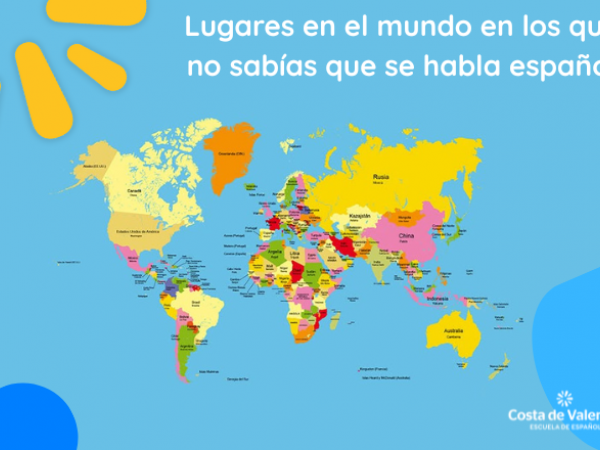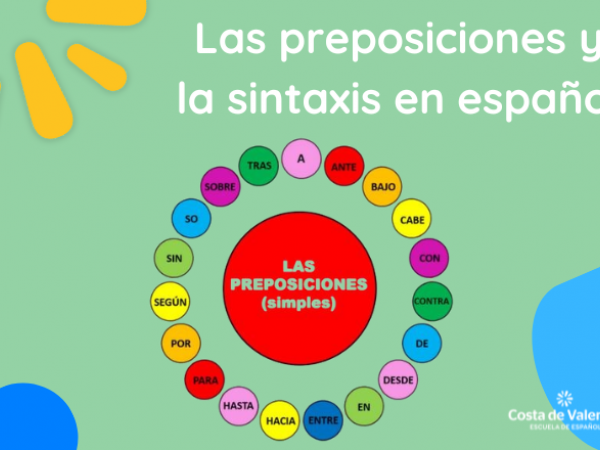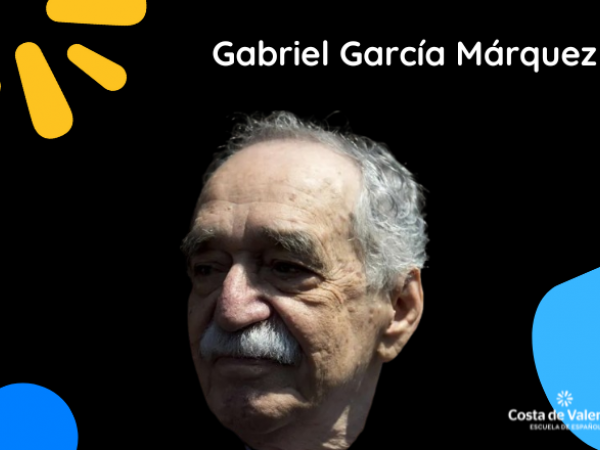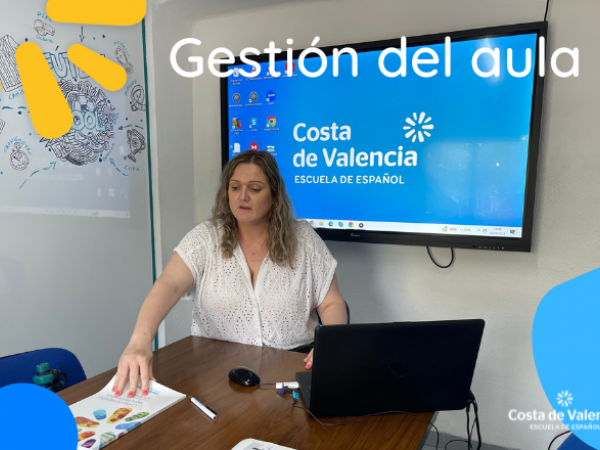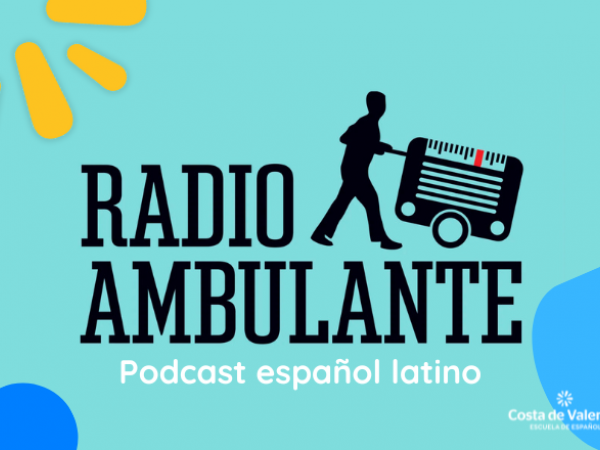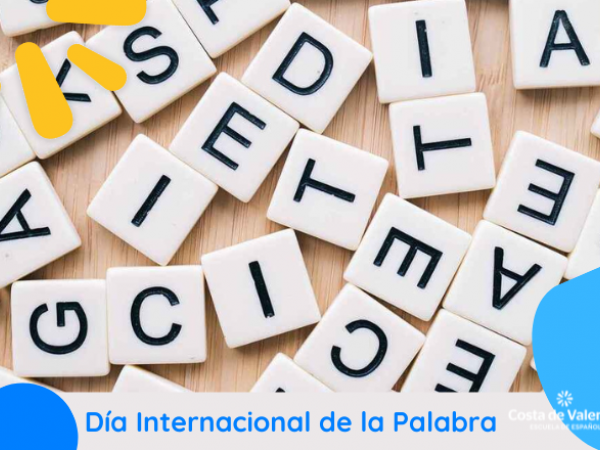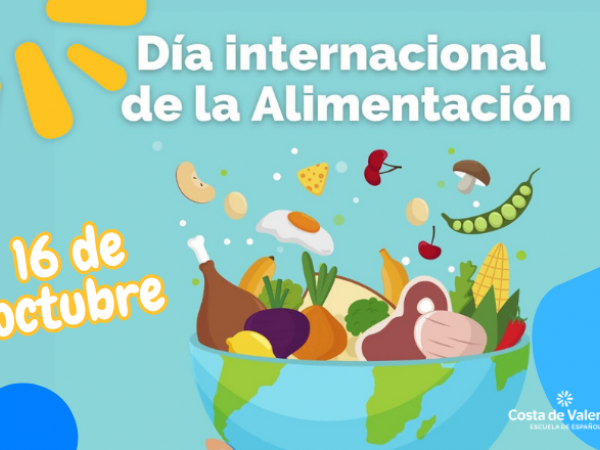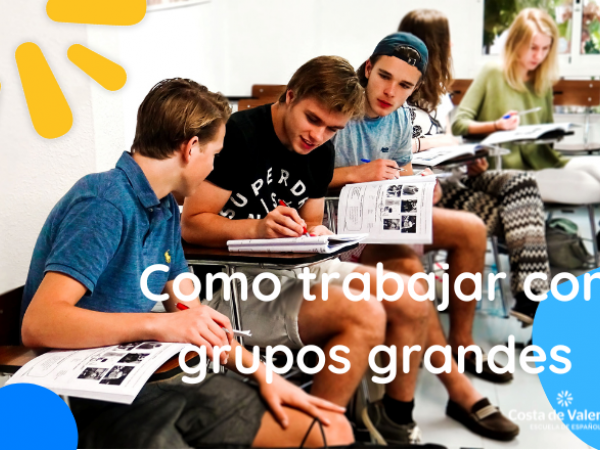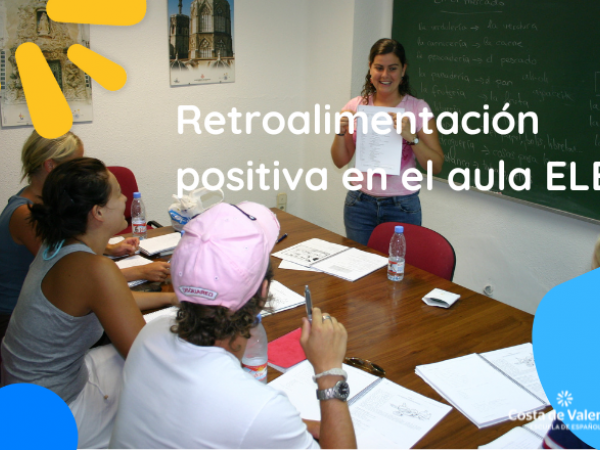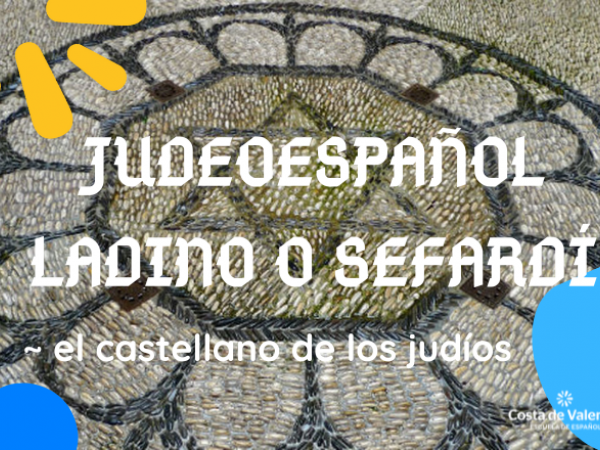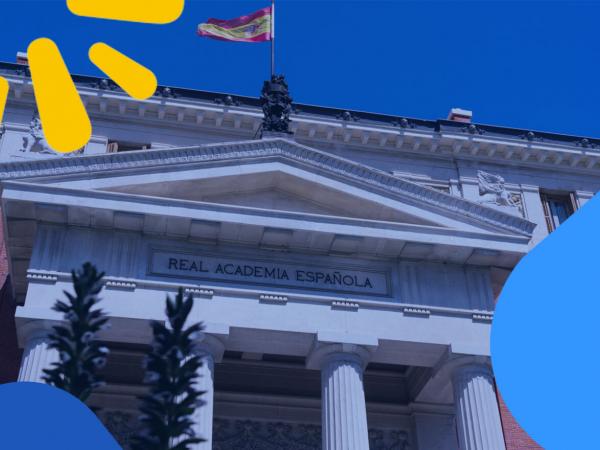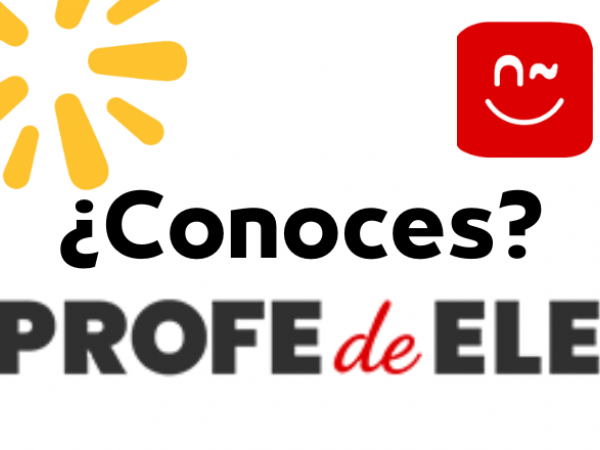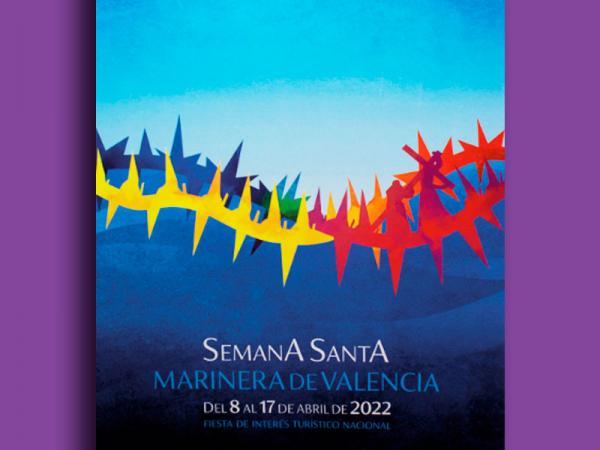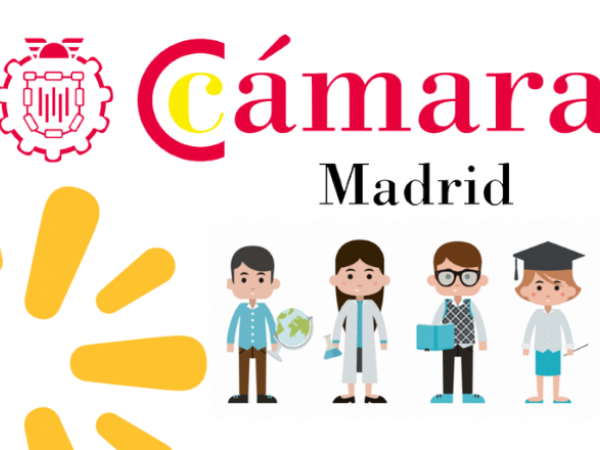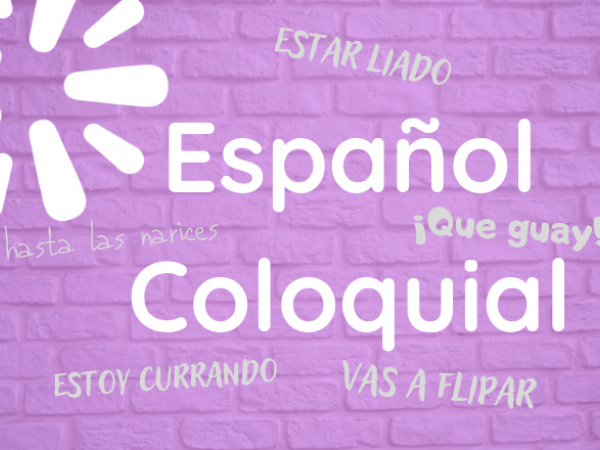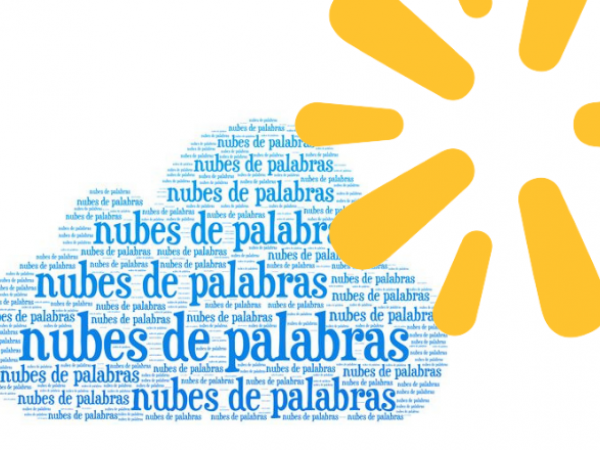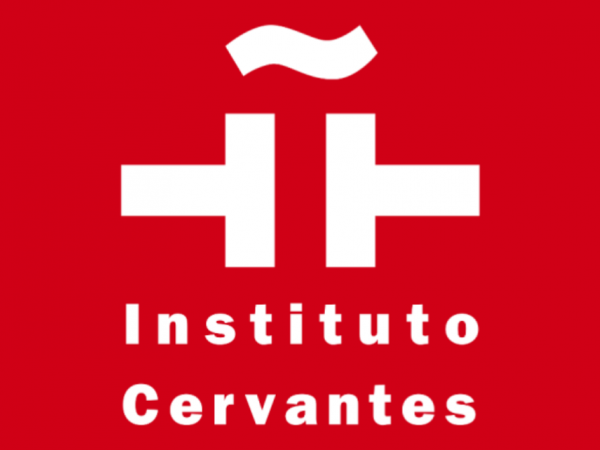Columbus Day
October 12: Columbus Day
On October 12, Spain celebrates Columbus Day, a holiday also celebrated in Latin America, but traditionally known as Columbus Day, which, although it is a holiday in the calendar, is gradually losing importance in the Americas where it can even have a negative connotation and not without controversy.
But what exactly is "celebrated" on this day? On October 12, 1492 Christopher Columbus arrived in America, so we can say that basically what we are commemorating is the birth of the "Spanish Empire", hence the controversy for our Spanish-American brothers. In fact, to get an idea of the feelings for some Spanish speakers, in Venezuela this day is known as Indigenous Resistance Day.
We cannot change history or judge with today's eyes what happened hundreds of years ago. What is clear is that this date marked the beginning of what is known as the "meeting of two worlds", which forever changed the worldviews and lives of both Europeans and Native Americans. There have been many attempts to detach this day from imperialist connotations and create, in some way, a "pan-Hispanic holiday". Many times it has been proposed to change the name or, for example, since 2014 the UN also chose this day as the Day of the Spanish Language, in a further attempt to consolidate the Hispanic world.
The origin of this celebration dates back to 1913, as an individual initiative of former Spanish minister Faustino Rodríguez-San Pedro, who dreamed of some kind of event that would serve to twin Spain with the Ibero-American nations. He originally called it Día de la Raza, and it was held at the Casa Argentina in Malaga. The event had great repercussion and in 1916 Argentina became the first country to officially institutionalize this celebration.
Later, in 1935, the name was changed to Día de la Hispanidad (Day of the Hispanic Heritage), following an article published by Ramiro de Maeztu, in which he used this nomenclature for the first time.
Currently, as we said at the beginning, the differences regarding the celebration of this day and its connotations differ greatly depending on the country. Let's take a look at the most important ones.
Spain
It was in 1958, in the middle of the Franco era, when this day reached the rank of National Holiday, a status that was maintained after the arrival of democracy. Although when we were already in the democratic period, an attempt was made to change the name and eliminate the term "Día de la Hispanidad", leaving only the date as "Fiesta Nacional", it has continued to be used colloquially and in the media due to its popular roots.
The Virgin of Pilar, patron saint of Zaragoza and Spain, is also celebrated on October 12.
The main event that takes place on this day is the military parade held in Madrid, which is presided over by the King and Queen and the main authorities of the country. The events usually begin with a tribute to the flag and the fallen for Spain and culminate with a reception at the Royal Palace by the monarchs for the political class, the diplomatic corps, culture, arts, sports, etc.
Mexico
In Mexico this day is called Día de la Raza (as the first denomination in Spain), but it alludes to the indigenous race. It was in 1928, at the initiative of José Vasconcelos, who alluded to what he called the Ibero-American race, with a meaning of mestizaje and cultural syncretism.
Although it is a holiday throughout the country, it is not really a very relevant date in the calendar, although in Mexico City there is a monument to the race where people usually present their floral offerings.
Chile
Since 2000 this day is known as Day of the Encounter of Two Worlds in allusion to the official motto of the celebrations of the Fifth Centenary of the Discovery of America and is now celebrated on the Monday closest to October 12 if this date falls between Tuesday and Friday. In recent years, representatives of indigenous peoples' groups have held protest marches to demand greater recognition of their ancestral rights.
Colombia
It is also known as Día de la Raza and is celebrated mainly in schools, with events in which students represent the history and significance of this day.
At the governmental level it has less importance, small ceremonies are held with floral offerings.
Costa Rica
Although in 1968 this day was called the Day of Discovery and Race, since 1994 this festivity was transformed into the Day of Cultures, in order to highlight the cultural contributions of Spanish, indigenous and Afro-Caribbean people.
Although in some Caribbean countries carnivals are held on October 12, we can say, however, that the truly important holiday celebrated in Costa Rica is Independence Day, September 15.
Argentina
Although, as mentioned above, it was the first country to adopt it as a public holiday, the aboriginal communities have repudiated it to some extent and, although it is still officially a public holiday, October 12 has been designated by many as the Day of Resistance of the Original Peoples.
Venezuela
In 2002, Hugo Chavez and his Minister of Education decided to name this date Indigenous Resistance Day, insisting on the genocidal character of this day against the aborigines who, even so, resisted the Spanish forces until the last breath.
Nicaragua
In this country it is considered an important date, changing its name over time. Today it is officially known as "Indigenous Resistance Day", commemorating the struggle of the native peoples and the rich cultural heritage they bequeathed to the Nicaraguan people.
EE.UU.
In the USA, Columbus Day is also celebrated on the second Monday of October and in each state it is celebrated in a different way.
The most outstanding event is the parade that takes place along New York's Fifth Avenue, where thousands of people participate, especially the Hispanic community but also the Italian-American colony. Let's not forget that the Italians consider that Columbus was born in Genoa (Italy) and so they celebrate it.
These types of demonstrations have been fraught with controversy. In Denver, where a parade is also held, Native American groups have protested this type of event. California, for its part, has replaced Columbus Day with Indigenous People's Day since 1922 and, more recently, after the protests generated by the Live Black Matter movement, several "statues" of Columbus have been assaulted.
Día de la Hispanidad, Día de la Raza or Día de la Resistencia de los Pueblos Indígenas is a celebration, as we can see, very heterogeneous that we can approach in the classroom from different perspectives. Here are some materials that are offered on the Internet to bring this topic to the classroom:
- Unidad didáctica de Todoele (from B2 level upwards). It shows the diversity of the Hispanic world, working with real videos.
- Unidad revista TECLA. A reading comprehension followed by exploitation exercises.
- Podcast de HoyHablamos, where they will tell us in a pleasant way the main characteristics of this day.





